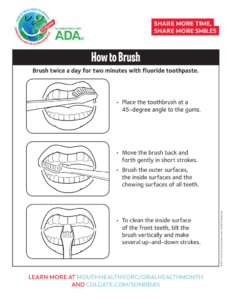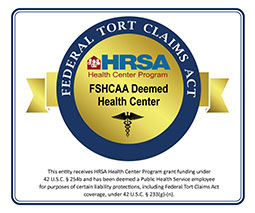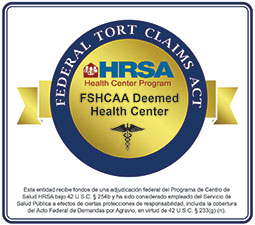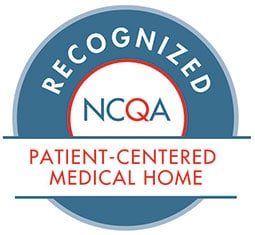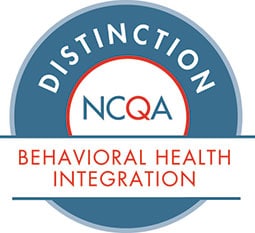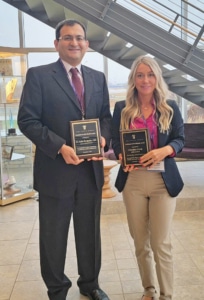
By Catherine Rice, Vice President of Marketing/Outreach
Health Partnership Clinic (HPC) is proud to announce that two of our dental professionals were awarded Excellence in Oral Health awards recently. Nader Rastgoftar, DDS, Dental Director, known by patients as “Dr. Nader,” received the Outstanding Dentist Award and Christina Cook, RDH, Outreach Coordinator, the Outstanding Dental Hygienist Award.
The awards were presented by Oral Health Kansas’ board president Sonja Armbruster and board secretary Dr. Nick Rogers at their annual conference. Both Dr. Nader and Ms. Cook received their respective awards for going beyond the call of duty and their commitment to better oral health for all Kansans.
Nader Rastgoftar, DDS
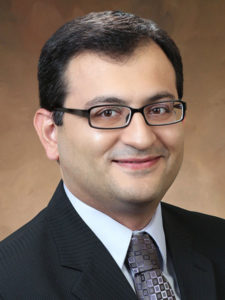 For Dr. Nader the idea of working in the healthcare field started with a severe broken wrist in 2003, the same year he migrated from his home country of Iran to the United States. Requiring emergency surgery on his wrist, Dr. Nader witnessed firsthand how a healthcare provider can leave a positive and lasting impact on a person’s life. Because of his doctor’s excellent care and positive bedside manner, his wrist healed with full functionality. This eventually propelled the young engineer toward a whole new career—dentistry.
For Dr. Nader the idea of working in the healthcare field started with a severe broken wrist in 2003, the same year he migrated from his home country of Iran to the United States. Requiring emergency surgery on his wrist, Dr. Nader witnessed firsthand how a healthcare provider can leave a positive and lasting impact on a person’s life. Because of his doctor’s excellent care and positive bedside manner, his wrist healed with full functionality. This eventually propelled the young engineer toward a whole new career—dentistry.
Several years later, Dr. Nader enrolled and was accepted to UMKC School of Dentistry and soon discovered that the manual dexterity, problem solving and artistic aspect of dentistry to be very similar to his previous experience in engineering. After graduating in 2015, he immediately started practicing as a general dentist at HPC, a federally qualified health center in Olathe, Kan. He was later named Dental Director in 2021.
Dr. Nader brings a unique perspective to oral health. As an immigrant himself, he understands the importance of access to care in vulnerable populations. The immigrant population is especially at higher risk of developing dental and periodontal diseases. The clinic serves a high number of immigrants and those who are uninsured. Besides English, he also speaks Farsi, Turkish and some Thai, Arabic and Spanish, which often helps patients feel more comfortable and at home. Dr. Nader strongly believes that providing high quality, culturally competent and accessible dental care to everyone, regardless of his or her ability to pay, not only makes a difference in that person’s life but also elevates the overall health and wellness of the community.
Over the last couple of years, Dr. Nader has been on the front lines of COVID-19… often uncharted territory. He has shown exceptional leadership and helped implement several capital improvements to the Dental Department to protect patients and staff while navigating ways to provide quality and safe dental care during a pandemic. While most dental services were suspended due to COVID, Dr. Nader and his colleague triaged and evaluated dental emergencies and provided treatment when needed. When he assumed leadership responsibilities in 2021, he immediately focused on restarting services and supporting the staff.
Dr. Nader continues to build a strong culture among his team while balancing job resignations and welcoming new staff. He has accomplished the hiring challenge by ensuring new hires bring with them a thirst to learn and a positive attitude. The technical skills are teachable, but a person must be able to demonstrate and live the mission. There is no better example than Dr. Nader. With a servant’s heart, he values both staff and patients, brings a high level of humility and is always there, listening and caring for all.
Over the last year, Dr. Nader restarted dental services in Ottawa, Kan. twice a month, providing needed dental access to children living in rural communities. In addition, the clinic’s school-based portal dental program has been rebooted. Last calendar year, the Dental team screened and provided fluoride treatments to thousands of children at more than 20 Title 1 schools in the Olathe and Shawnee Mission School Districts. Children without dental homes are encouraged to follow up with Dr. Nader at the clinic. Under his direction, dental services are also provided at Shawnee Mission West High School at the clinic’s school-based clinic in Overland Park, Kan.
In addition, Dr. Nader and his team work tirelessly to support uninsured children experiencing severe emergency dental pain associated with abscesses, broken teeth, severe toothaches and other emergencies. The clinic provides both preventive and restorative care to children and young adults. About 25 percent of pediatric dental visits involve emergencies. Dr. Nader and his team are always looking at ways to address the needs of children’s oral health.
Dr. Nader strongly believes educating parents and children about proper oral care habits—from an early age—is vital to their overall health. Prevention is always better than the cure, he always says. He and his team attend community health events to help educate parents and children about the need for brushing, flossing and eating right.
This summer, Dr. Nader and his staff attended the Olathe Public Schools’ Back to School Community Outreach Event. The Dental team provided 38 dental screenings and fluorides and identified seven painful abscesses, which Dr. Nader was able to write orders for antibiotics and follow up appointments were made. The impact: Seven children are now ready to start the school year off, pain free!
Last year, Dr. Nader advocated expanding the Dental Department services to include porcelain bridges for adult patients. His first case of a three-unit porcelain anterior bridge was completed in February 2022. The patient’s life was transformed. Prior to the procedure, she wore a fabricated three-unit basket metal bridge which was uncomfortable and unsightly. Today, she feels more confident and loves her new smile. The impact is priceless.
Dr. Nader’s welcoming environment extends to foster parents and children. Many children who visit the clinic are on the Autism Spectrum and often have sensory issues. It is often difficult for them to tolerate someone probing around in their mouth. But Dr. Rastgoftar and his staff have always been very sensitive to their needs and make accommodations whenever possible.
Besides providing dental care, Dr. Nader is a member of the executive team and an active member of the clinic’s Quality Improvement Committee, putting the priorities of the clinic’s Dental department in focus. He continues to develop and update policies and procedures to ensure safety and quality.
Away from the clinic, Dr. Nader enjoys spending time with his wife and three young boys and loves grilling, watching football, fishing and gardening.
Christina Cook, RDH, Outreach Coordinator
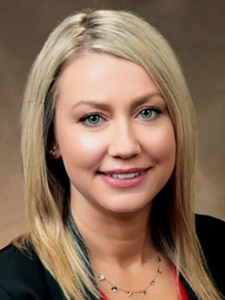
Helping patients become a healthier version of themselves is a driving force for Christina Cook, RDH, Outreach Coordinator, who serves as a registered dental hygienist at HPC.
Since becoming a dental hygienist in 2009, Ms. Cook’s commitment to improving oral health, reducing oral disease risk factors such as smoking or vaping and addressing poor nutrition, lack of access to oral health care and oral hygiene education and the need to incorporate oral health early in the development of children, has never faltered. It has only grown stronger.
Ms. Cook joined HPC in October 2019 just months before the start of the COVID-19 Pandemic. She came with a solid background working in a school-based setting and was looking forward to jumpstarting the clinic’s School-Based Portal Dental Care program. However, the pandemic threw a curve ball, and all dental services were temporarily suspended. But Ms. Cook stayed positive and knew in her heart that the clinic would eventually need her expertise.
With the introduction of vaccines and lowering infection numbers, the CDC and American Dental Association, announced the return to onsite dental care. Upon her return to the clinic, Ms. Cook set into motion the steps needed to help restart dental services and to be ready when schools welcomed back onsite dental services. As the Outreach Coordinator, she was the key lead in developing a return plan to the schools, ensuring the clinic was meeting the new needs and requirements of the school district, interfacing with school and health care administrators, nurses, parents and patients.
Last school year, Ms. Cook saw 6,000 youngsters in more than 20 schools and, on average, identified six patients per school with dental emergencies. Her supervisor says she has revolutionized the way the clinic is now able to provide services to the school. And school nurses agree.
A school nurse at Fairview Elementary School in Olathe, Kan. recently sent a letter writing how grateful she was to everyone associated with Health Partnership’s dental services and for totally changing the landscape of dental care in the community and making a phenomenal, positive impact on the dental health of children and families. She also called out to Ms. Cook. “I want to specifically thank Christina…for her excellent communication, effective and flexible plans and procedures, commitment to reduce workload for nurses dealing with COVID and the relentless, empathetic interventions to provide screenings and dental care for families. It was absolutely amazing!”
Ms. Cook’s intuitiveness is so appreciated by school nurses. Her gentle reminders, patience and wonderful assistance in scheduling and conducting the screenings make the process easy and fast. Her professional excellence and kindness have truly impacted the community and the future is much brighter for those children.
In addition to 20 elementary schools, Ms. Cook provides monthly dental services at Shawnee Mission West High School, Health Partnership’s school-based health clinic in Overland Park, Kan. As more staff is hired, it is anticipated additional services will be offered.
Her strong work ethic, patient care skills, knowledge and experience have made a huge difference at the clinic. She can work harmoniously with others and is honest, dependable and incredibly hard-working. When there was a lull in patient care during the pandemic, Ms. Cook volunteered to help paint the Dental Department—knowing it would be a more welcoming environment for patients. She is also a member of the clinic’s 30th Anniversary Committee and has volunteer to attend health fairs and marketing events. In addition, she wrote two health blogs that were shared on the clinic’s social medial sites—furthering the messaging around preventative dental care. This giving heart is what makes Ms. Cook an asset to the organization.
Ms. Cooks’ rapport with patients is heartwarming, and they appreciate her kind and realistic approach to patient care. More than 94 percent of patients surveyed rate Ms. Cook and dental services provided as “very satisfied.” Ms. Cook understands that not all patients like going to the dentist. Some have anxiety about it, others have a more severe fear that makes them much harder to treat in such a short period of time. As a hygienist she knows that she must not only perform her job well and quickly but also make patients feel safe and comfortable. She takes this responsibility seriously and works tirelessly to ensure patients return to the clinic.
Ms. Cook is a true team player and always manages to foster positive discussion and bring the best out of not only her teammates but her supervisor as well. Her supervisor says that there is no project too large for her. Ms. Cook recently took the lead with an HRSA Capital Grant, allowing the Dental Department to purchase much needed equipment to the tune of $120,000. She rolled up her sleeves and developed a procurement process, aligned with our Finance Department, to include equipment specifications and bid reviews, vendor selections and recommendations for dental chairs for patients and staff. The process went smoothly, and all equipment should be arriving by the end of the fiscal year.
Both Dr. Nader and Ms. Cook have made a sustainable impact on HPC, exemplifies the mission of the clinic and have positively impacted the people served by Health Partnership.
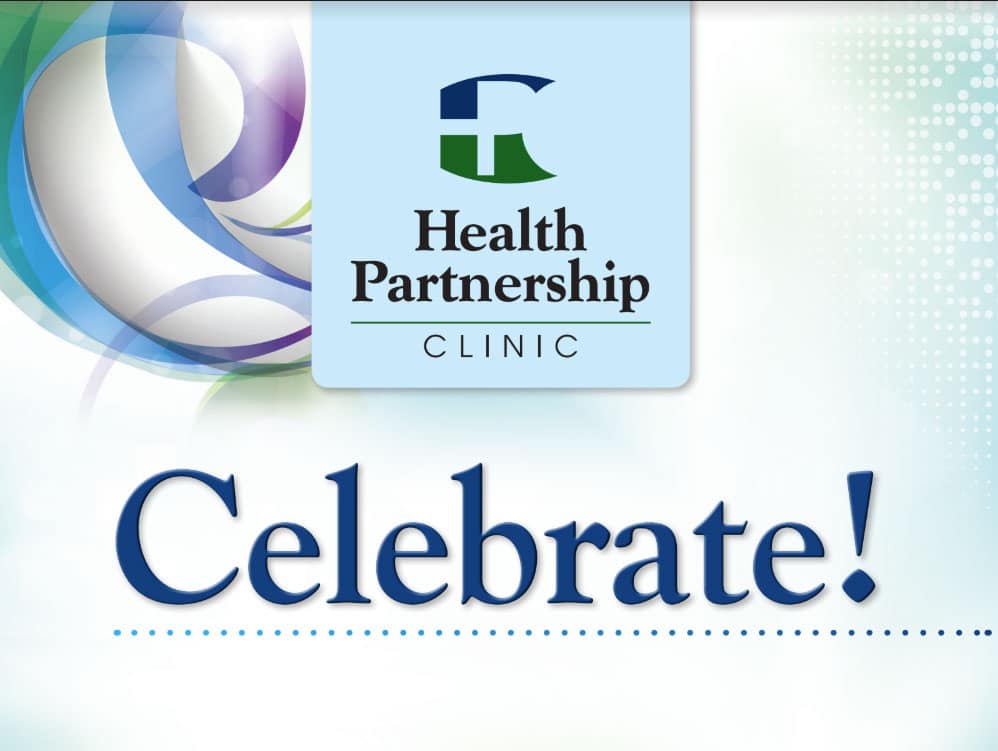
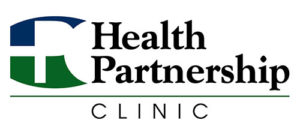
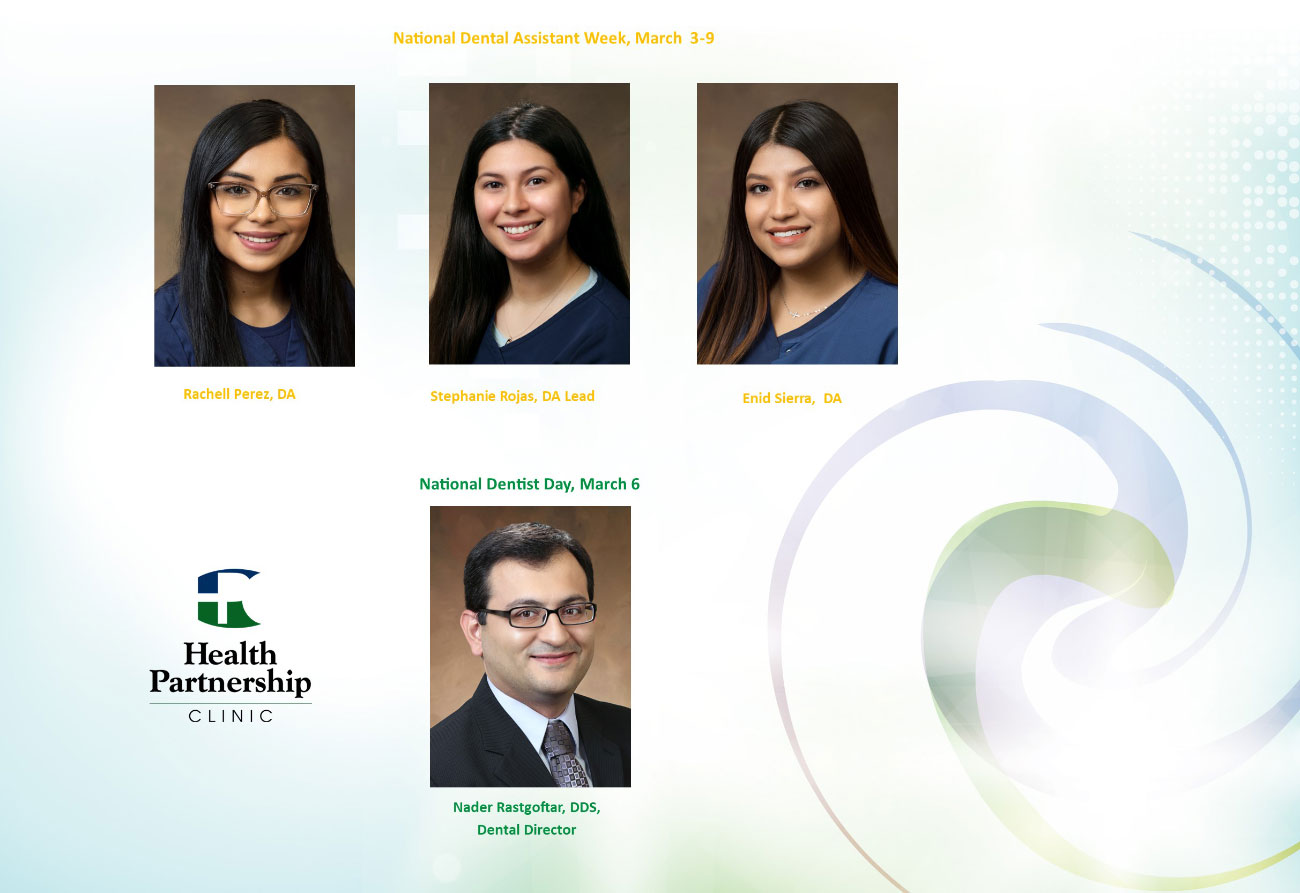
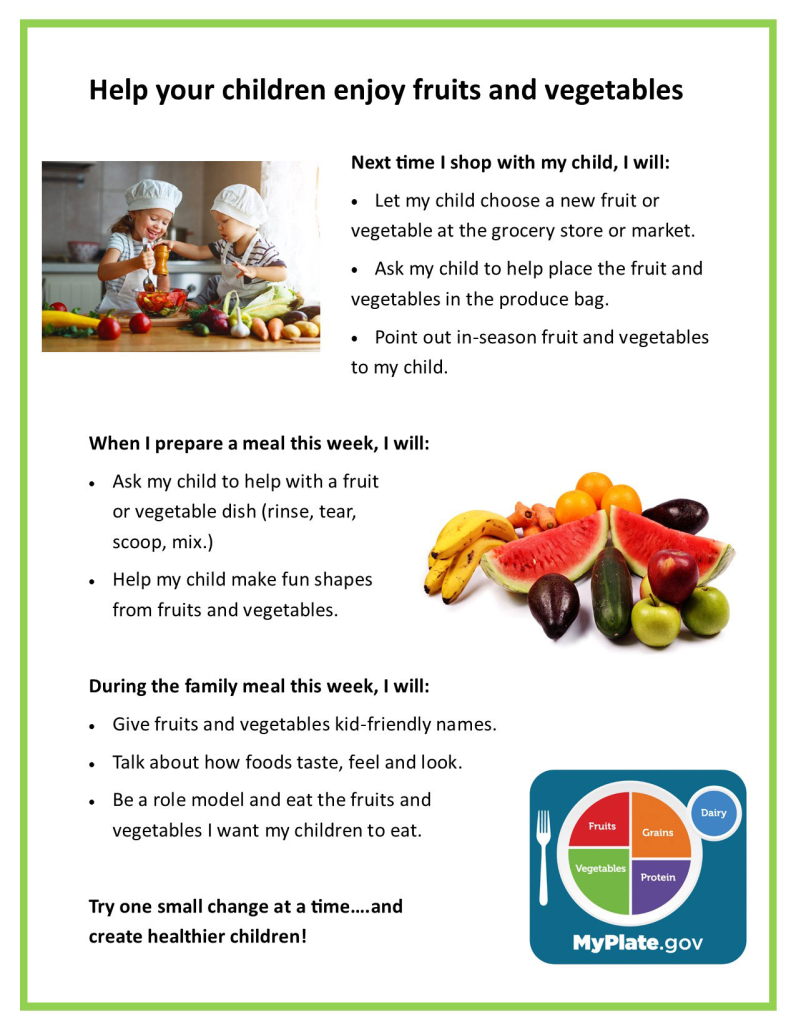

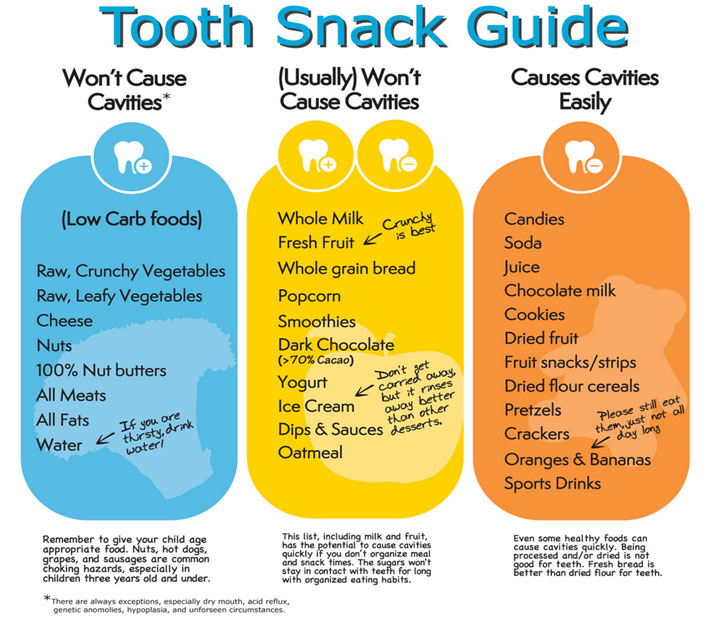
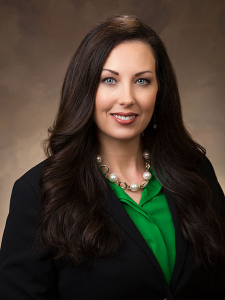 By
By 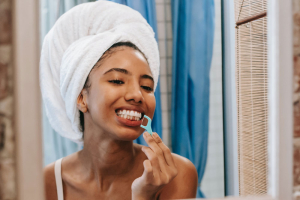 Flossing disrupts and removes dental plaque bacteria that can lead to unhealthy periodontal tissue and interproximal caries or cavities. Plaque bacteria can lead to oral health problems such as gum disease and other health complications.
Flossing disrupts and removes dental plaque bacteria that can lead to unhealthy periodontal tissue and interproximal caries or cavities. Plaque bacteria can lead to oral health problems such as gum disease and other health complications.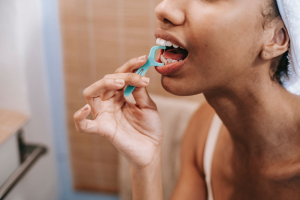 Research shows that flossing can add 6.4 years to your life. Flossing does two things; it prevents gum disease, and it prevents heart disease. Preventing these two diseases together is what adds years to your life.
Research shows that flossing can add 6.4 years to your life. Flossing does two things; it prevents gum disease, and it prevents heart disease. Preventing these two diseases together is what adds years to your life.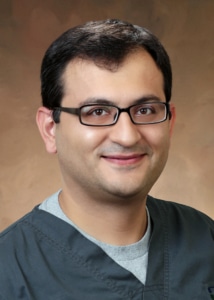 By
By 
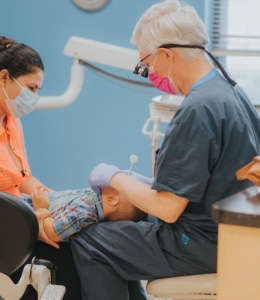
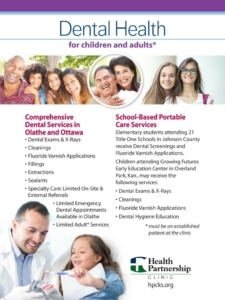

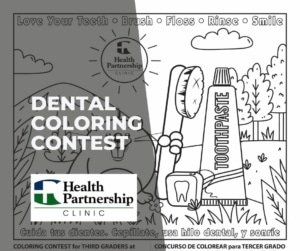 Dental hygiene is one of the most important things we can teach our children, and it needs to start early. Excellent oral hygiene is a life skill that children will use for the rest of their lives, and it can impact their overall health and even their ability to grow and learn.
Dental hygiene is one of the most important things we can teach our children, and it needs to start early. Excellent oral hygiene is a life skill that children will use for the rest of their lives, and it can impact their overall health and even their ability to grow and learn.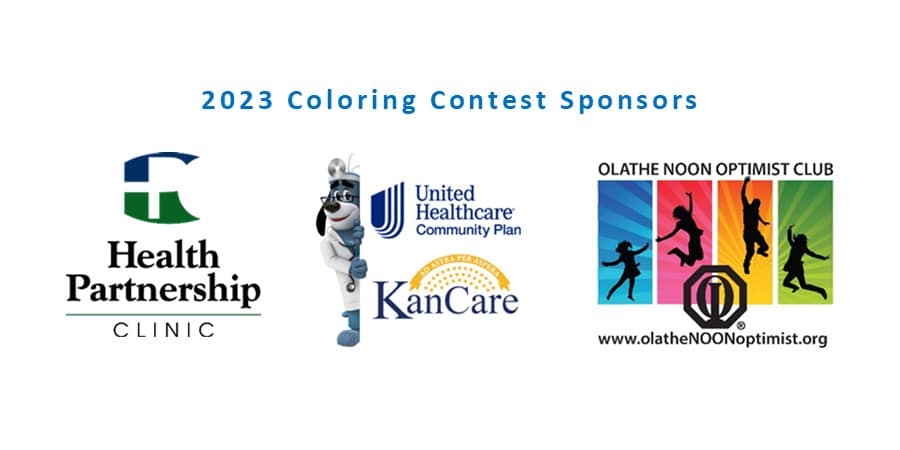

 For Dr. Nader the idea of working in the healthcare field started with a severe broken wrist in 2003, the same year he migrated from his home country of Iran to the United States. Requiring emergency surgery on his wrist, Dr. Nader witnessed firsthand how a healthcare provider can leave a positive and lasting impact on a person’s life. Because of his doctor’s excellent care and positive bedside manner, his wrist healed with full functionality. This eventually propelled the young engineer toward a whole new career—dentistry.
For Dr. Nader the idea of working in the healthcare field started with a severe broken wrist in 2003, the same year he migrated from his home country of Iran to the United States. Requiring emergency surgery on his wrist, Dr. Nader witnessed firsthand how a healthcare provider can leave a positive and lasting impact on a person’s life. Because of his doctor’s excellent care and positive bedside manner, his wrist healed with full functionality. This eventually propelled the young engineer toward a whole new career—dentistry.
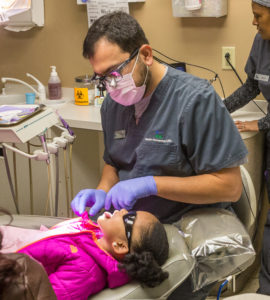 At Health Partnership Clinic, we provide school-based portable dental care to Title One schools in Olathe and Shawnee Mission School Districts and Head Start programs. In these locations, we see children who don’t have a dental home or have not seen a dentist in more than a year. We provide dental screenings and sealants. Dental sealants prevent cavities for many years. Children aged six to 11 without sealants have almost three times more first molar cavities than children without sealants.
At Health Partnership Clinic, we provide school-based portable dental care to Title One schools in Olathe and Shawnee Mission School Districts and Head Start programs. In these locations, we see children who don’t have a dental home or have not seen a dentist in more than a year. We provide dental screenings and sealants. Dental sealants prevent cavities for many years. Children aged six to 11 without sealants have almost three times more first molar cavities than children without sealants.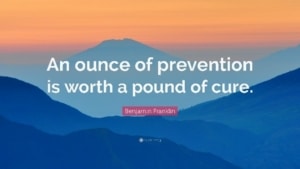 Children should make their introductory trip to the dentist when their first tooth appears or on their first birthday, whichever comes first. The first visit to the dentist is consider a “happy visit”. The purpose of this visit is to introduce them to the dental office, review hygiene habits, provide nutritional recommendations and perform a growth and development check. It is important that you follow the recommendations of the dental professionals because the enamel of the tooth (hard outer layer) is much thinner and softer on baby teeth, making them at greater risk of decay. Once a cavity starts, they can grow faster and lead to pain quicker than on an adult tooth. The good news is with regular checkups, a healthy diet and good oral hygiene habits cavities are preventable.
Children should make their introductory trip to the dentist when their first tooth appears or on their first birthday, whichever comes first. The first visit to the dentist is consider a “happy visit”. The purpose of this visit is to introduce them to the dental office, review hygiene habits, provide nutritional recommendations and perform a growth and development check. It is important that you follow the recommendations of the dental professionals because the enamel of the tooth (hard outer layer) is much thinner and softer on baby teeth, making them at greater risk of decay. Once a cavity starts, they can grow faster and lead to pain quicker than on an adult tooth. The good news is with regular checkups, a healthy diet and good oral hygiene habits cavities are preventable. Brush the teeth twice a day using the correct amount of toothpaste based on the child’s age.
Brush the teeth twice a day using the correct amount of toothpaste based on the child’s age.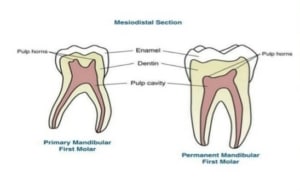 My biggest nutritional tip I can give is limit sugary drinks and snacking. A small amount of milk and juice is okay with a meal, but plain water is recommended between meals. When choosing snacks choose whole foods like fruits, vegetables, nuts and cheese opposed to processed foods like chips, cookies and candies.
My biggest nutritional tip I can give is limit sugary drinks and snacking. A small amount of milk and juice is okay with a meal, but plain water is recommended between meals. When choosing snacks choose whole foods like fruits, vegetables, nuts and cheese opposed to processed foods like chips, cookies and candies.